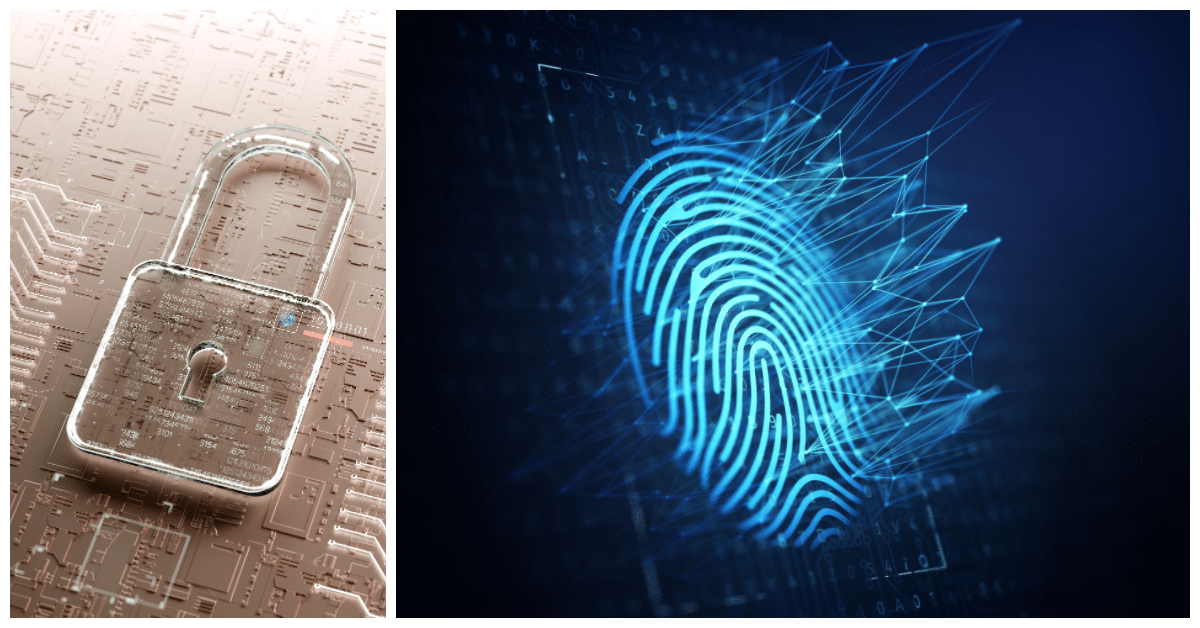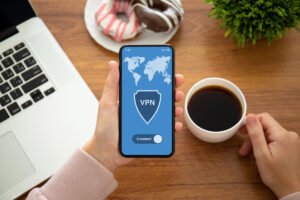Hey there, exciting news coming your way! Google has started a fantastic initiative where they’re introducing a new way to log into your personal accounts, and it’s called “passkeys.” This cool feature is rolling out this month for all of Google’s billions of users, and you can be one of the first to try it out and switch it on. Passkeys allow you to log in to any of your accounts using just one set of credentials, so you won’t have to remember a bunch of different passwords anymore. Plus, passkeys are incredibly secure and prevent malicious hackers from accessing your personal information.
The Problem with Passwords
For years, we’ve been relying on passwords to keep our online accounts secure. But as we know, passwords can have their issues – they can get stolen, or we can be tricked into giving them away. It’s hard to keep track of which password goes with which site or app, unless you use a password manager like LastPass. Google’s new passkey system is here to make things safer and more secure. The magic behind this lies in cryptographic keys that are stored on your devices and used to verify your identity.
Industry-Wide Support for Passkeys
In the last year, the FIDO Alliance, an industry group advocating for password alternatives, has been pushing for the use of passkeys. Big players like Microsoft, Google, and Apple have already set up the infrastructure needed for passkeys. But if you’ve never used a passkey before, don’t worry, you’re not the only one.
Growing Adoption and Google’s Leadership
The next step is for various online services to offer passkeys as a login option. Some companies, including PayPal, Shopify, CVS Health, Kayak, and Hyatt, have already taken the leap. The introduction of passkeys for Google users is a big deal, considering Google’s wide reach and resources.
Andrew Shikiar, the executive director of the FIDO Alliance, believes this is a game-changer. He says, “It’s an inflection point. With Google enabling this and so many people getting familiar with passkey sign-ins, more people will likely start using them elsewhere. It will also inspire other companies to follow suit, and we’ll learn and grow together in this journey.”
Why are passkeys more secure?
Let’s put it in simple terms. Imagine your password is like a key to your house. If someone else gets a copy of that key, they can get inside your house, right? And just like with house keys, if someone can guess your password or trick you into giving it to them, they can get into your online “house” – your accounts.
Now, think about a passkey like a super-smart key that’s unique to you and your device. It can’t be duplicated or guessed. And even if someone tried to trick you into giving it away, they wouldn’t be able to use it, because it works only with your device.
Also, with a passkey, you don’t have to remember complex passwords. It could be something you have (like your phone), something you know (like a PIN), or something you are (like your fingerprint or face). This makes it not only more secure but also more convenient.
How to Start Using Passkeys
To use passkeys, you can use biometric sensors like fingerprint or face scanners, your smartphone’s lock PIN, or physical authentication devices like YubiKeys. If you want to switch your Google account to use a passkey, just log in to your account using this link, and then select “+ Create a passkey” on the device you’re using. You might be asked to verify yourself through a couple of prompts, but afterward, BOOM, you’re done. Now when I go to log into Google I just have to provide my fingerprint. #DigitalLifeRules!
Christiaan Brand, an identity and security product manager at Google, is excited about this change. He says, “We have an opportunity here to change the way users think about signing in. If we can change the way that signing in works for your Google account, we hope that users will get more comfortable with the technology, and it will send a strong message to the industry that this is not just a theory—it’s ready for mass adoption.”
Passkey Management and Security
You can sync your passkeys across all your devices using encrypted services like Google Password Manager and iCloud Keychain. Alternatively, you can set up passkeys on multiple devices by generating a QR code on a device that’s logged into your Google account.
All your Google account passkeys will be listed on the “Passkey Management Page,” where you can review and revoke them. You can even store a passkey for your account on a trusted person’s device as a backup. If you use a passkey to log into your Google account on a shared device, don’t forget to revoke it once you’re done.
Finally, Google wants to reassure you that even after you’ve created a passkey for your account, your traditional username and password login isn’t going anywhere. You can still use it if you prefer. But Google believes that once people get a taste of passkeys, they’ll love them and find them easier to handle than passwords. Once you’ve set up a passkey on a device, Google will automatically detect it and prompt you to log in that way in the future. It’s a brand new day for account security!
Imagine a World Without Passwords
Picture this: a world where you never have to remember another password. Ever. No more writing passwords on sticky notes or trying to remember if your password was your dog’s name, followed by a random number or your favorite superhero with some special characters. And definitely, no more dealing with those ridiculous password rules like needing a capital letter, three numbers, two special symbols, and the secret recipe to your grandma’s famous apple pie. Welcome to a world where passwords are history!
In this brave new world, it’s not about how well you can remember a bunch of letters and numbers. It’s about things that are uniquely you. Your face, your fingerprint, your voice – these things can become your ticket to everything online. And your devices, like your smartphone or a unique key, can be part of this too.
So, imagine you flip open your laptop, it sees your face, and – bam! – you’re in. Or you’re buying the latest gadget online, and instead of typing in a password, you just tap your phone with your thumbprint. The sky’s the limit when it comes to making life easier without passwords.
Conclusion
And here’s the kicker: getting rid of passwords also means getting rid of a big security headache. Stealing or guessing a password? That can be easy-peasy. But stealing your fingerprint or perfectly copying your voice? Not so much. So we’re not only talking about making life more convenient, we’re also talking about making it way more secure.
Plus, if companies aren’t storing passwords anymore, that’s one less goldmine for hackers. And all the time and money that’s spent now on helping people who’ve forgotten their passwords? That can be used for cooler stuff.
Sure, it might take a little time to get used to a world like this. But once we’re there, it’ll be a world where security and simplicity go hand in hand. And the phrase “Forgot your password?” will be nothing more than a blast from the past. So here’s to a future without passwords!








